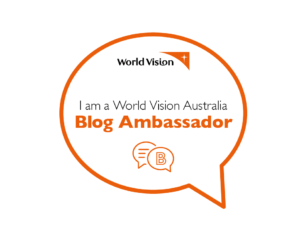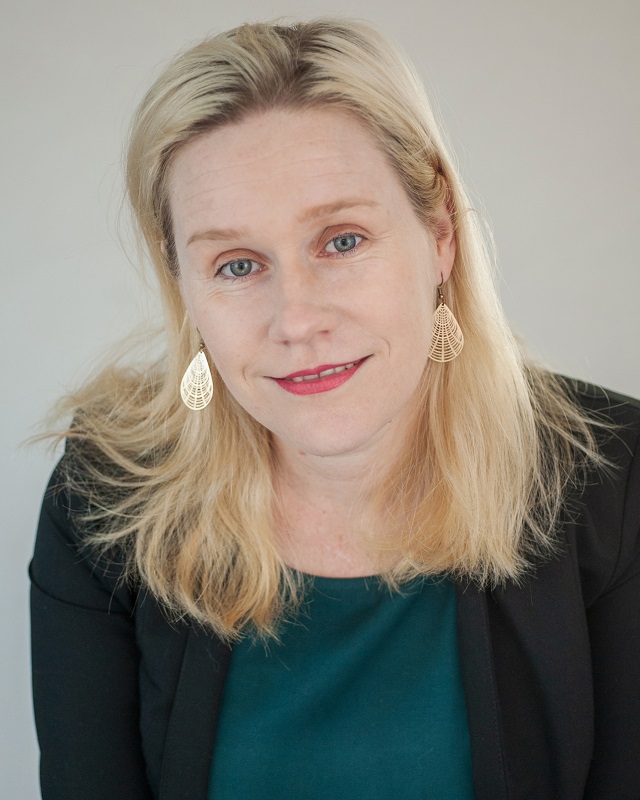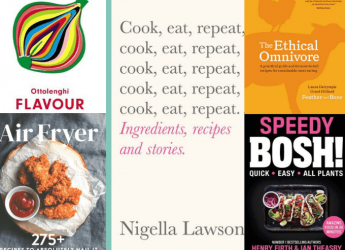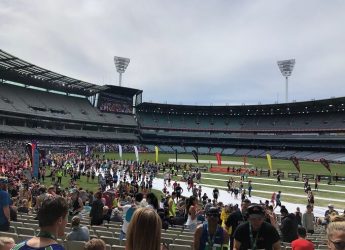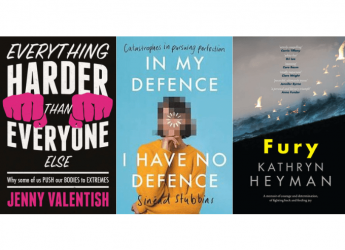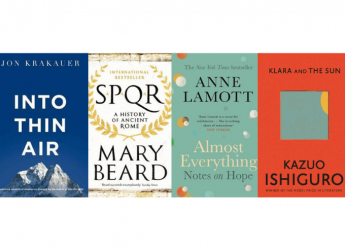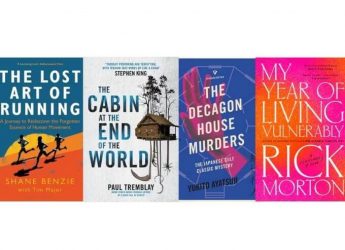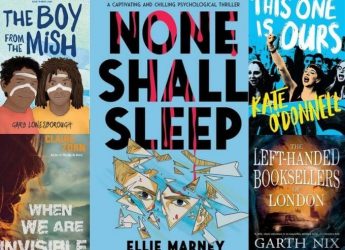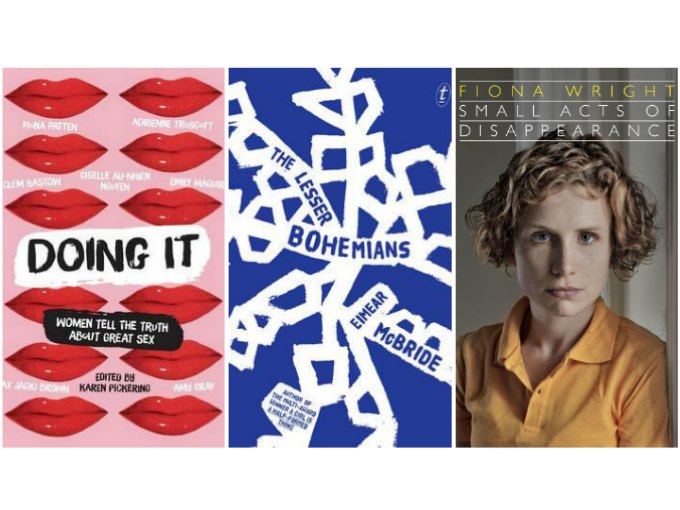
There are months I feel confident I’ll be able to talk about my reading with some level of intelligence and (I hope) insight; then there are times when I almost want to skip this post completely because I’m still wrestling with what I want to say. This isn’t to suggest that what I have to say in this case is bad – the opposite, in fact. But it’s difficult.
I’m speaking in reference to Small Acts of Disappearance, the award-winning collection of essays by Fiona Wright in which she writes about her history with an eating disorder. I was in the middle of the book when I went along to see her speak at the recent Melbourne Writers Festival. I can’t remember the circumstance exactly, I think it was the answer to an audience question, something like ‘How does one write about eating disorders (or other difficult topics)? Is the writer beholden to written, or unwritten, rules?’ Fiona answered that she feels fortunate that such guidelines do exist around writing about eating disorders. She gave an example that she adheres too: no numbers. (Weight, calories etc.)
When I heard that, I wanted to cry.
While I’ve not kept my own past with an eating disorder private, I haven’t discussed it at length either. I think I’ve been waiting for enough years to pass where I can look back with a steelier eye, fortified and ready. If I do that, though, I might never stop waiting. The long-term effect it’s had on my health is also up for debate with my specialists: jaw problems, teeth stripped of enamel. etc.
The one time – the one time – I summoned up the courage to write about my eating disorder (that wasn’t on this blog) was for a now-defunct online publication. I won’t link to it, but you could track it down if you really wanted. The internet is forever, after all (but please don’t). The source of my upset was because the piece contained numbers and Fiona’s words clanged around my head. It made perfect sense. Of course numbers can be triggering. Why hadn’t that occurred to me? Why hadn’t I checked to see if any guidelines existed? I felt like such a bad, embarrassing writer, guilty of being opportunistic, even sensationalist.
I heartily recommend the book – it gets better as it goes along. (She’s also one of my favourite poets.) It’s also made me more resolute for the day, if and when it comes, when I write about the topic again, to do so as responsibly as I can. As we all should, in whatever we do, right?
Okay, moving on. I was uncertain about The Lesser Bohemians by Eimear McBride. I devoured this over a weekend, but I abandoned her first novel A Girl is a Half-Formed Thing, so maybe I’ll go back to it now. I was taking photos of her use of language at the start, loving the way it rang together so musically, so enamoured with her style until I settled down and got lost in the story.
Noticing I was racing through it, Adam asked, “So, what’s it about?”
“Sex,” I replied. Which is true – and not. An investigation of the formation of the psychosexual identity, one online review put it, which I think is fairer. The two lovers aren’t even named until the final third of the book. I reckon if I was still studying cultural studies today, I wouldn’t be surprised if this turned up on my reading list. Another thumbs up from me.
Last, I’m really enjoying Doing It: Women Tell the Truth About Great Sex, edited by Karen Pickering. Speaking of reading lists, this should go on one for sex positive books for teenagers. With a talented list of contributors, it’s an Australian text I hadn’t seen on the bookshelves, and I’m glad it’s there now.
What are you reading this month?



